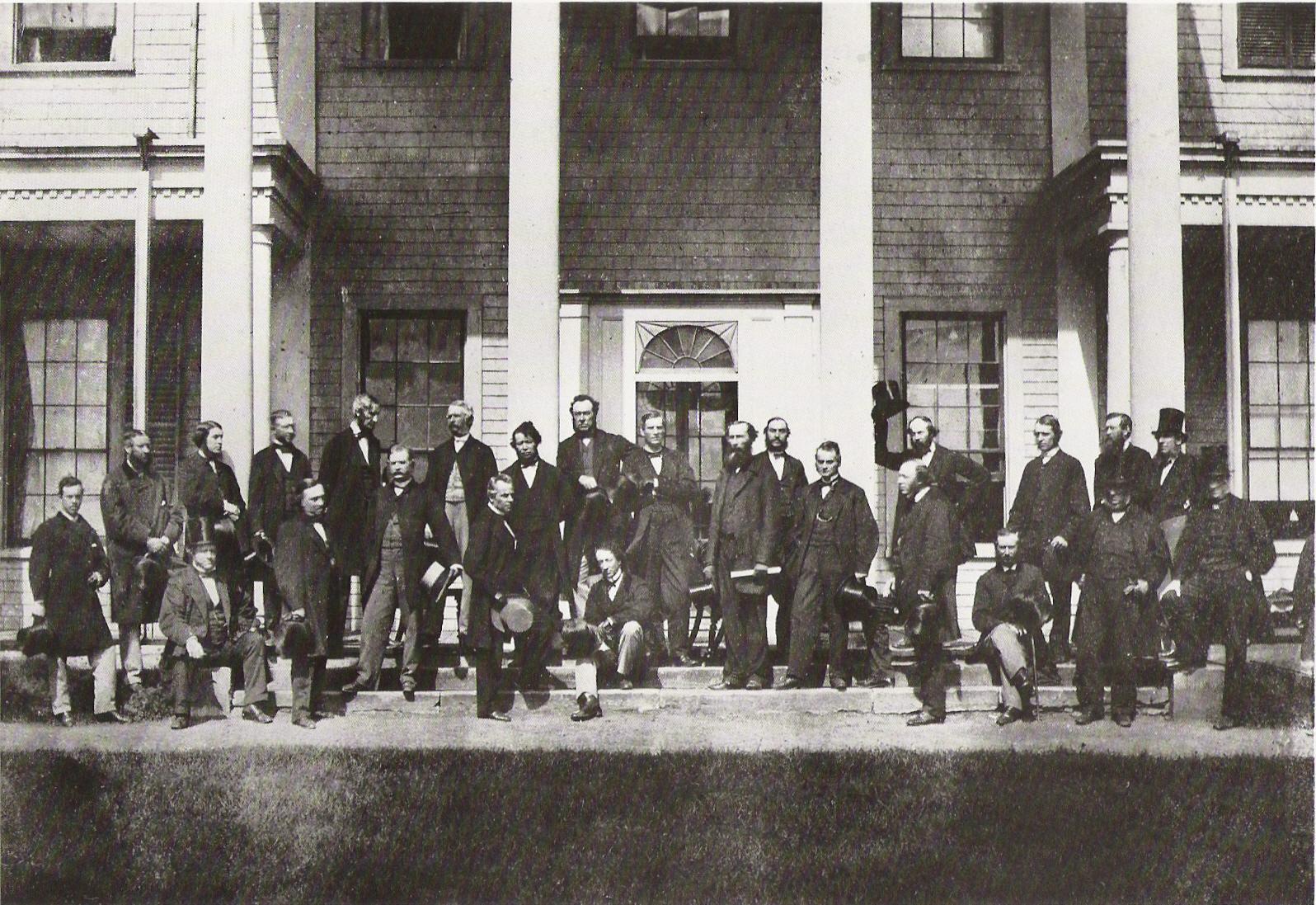Throughout human history there have been innumerable forms of government devised to bring order and law to societies. Empires, kingdoms, anarcho-syndicalist communes, soviets, emirates, oligarchies, theocracies, fascist dictatorships, people’s republics, federal republics, revolutionary triumvirates, tribal councils, colonial governments, military juntas, etc. But none have achieved the combination of social stability and popular participation that mark the history of the British parliamentary system of responsible government.
Though parliaments had existed for centuries in Britain, they had not always possessed real power. Through the medieval and early-modern periods they were summoned only when the monarch chose, they could be dismissed at the monarch’s will, and the ruler had no obligation to heed their decisions. Should the king receive a bill which he was not pleased to approve, he needed only note “Le roy s’avisera”—the king will think about it—and that was an end to it.
The English civil wars and revolutions of the 17th century brought more powers to Parliament. It was increasingly felt that the king should govern only with advisers drawn from those who could command a majority of seats in the House of Commons. This evolution produced what is known as “responsible government,” a situation whereby the prime minister and his cabinet owed their position not to nomination by the monarch but by the votes of MPs and where the king or queen felt obligated to heed the will of Parliament. A failure to hold the confidence of the House would lead to the resignation of the prime minister and his cabinet. While the rest of Europe was rocked by revolution and civil strife in the late 18th and early 19th centuries, the British system continued unshaken and free to peacefully evolve.
Not all British subjects, however, enjoyed responsible government and a share in their own rule. In colonies around the world, the word of London-appointed governors was considered law. In British North America, for example, governors ruled with the advice of a council of colonial elites hand-picked by themselves. Legislative assembles existed in these colonies but they were limited in power and were found useful only for raising tax revenue. This state of affairs prompted unsuccessful rebellions in 1837 in both Upper Canada (what is now Ontario) and Lower Canada (Quebec).
Voices grew louder for responsible government in both Canada and the colonies on the Atlantic coast and found a willing listener in John George Lambton, the reform-minded Earl of Durham and Governor General of Canada. Durham’s 1839 “Report on the Affairs of British North America” proposed a number of reforms including a union of the colonies and the institution of responsible government.
It took some years to persuade the government of the United Kingdom to move on these changes, but in 1848 responsible government came to British North America. The first colony to put it into effect was Nova Scotia in February of that year, followed on March 11 by the Province of Canada (the union of Ontario and Quebec formed in 1841) and the colony of New Brunswick in May.
The achievement of responsible government in the Province of Canada was essential in bringing about the conditions necessary for independence and Confederation in 1867. It was the success of the administration of Louis-Hippolyte Lafontaine and Robert Baldwin, appointed after the House of Assembly withdrew its support of the previous Executive Council, that proved that cooperation was possible between Ontario and Quebec and that convinced Québecois that English-speaking Canada was willing to take its distinctive values seriously.
The test of this concord and of responsible government was the debate over the Rebellion Losses Bill of 1849. This legislation aimed at compensating French Canadians who had suffered financial hardship during the uprisings in the 1830s. It was strongly opposed by English speakers in Quebec and troubled Lord Elgin, the new governor general. Debate in the legislature was vituperative—speech grew so heated that John A. Macdonald was moved to demand a duel—and there was violence in the streets.
Despite his own misgivings, Elgin demonstrated his belief in responsible government by approving the bill passed by the legislature. Mobs erupted; Elgin was attacked, and arsonists burned down the Parliament Buildings while politicians were still inside. Nearby offices, warehouses, and a hospital were also lost to the flames.
Sporadic arson and rioting continued for much of 1849, but the government in London backed the actions of Lord Elgin and the legislature. Responsible government had stood the test and would prove to be the basis of political life in Canada ever since.
Gerry Bowler is a Senior Fellow at the Frontier Centre for Public Policy.



